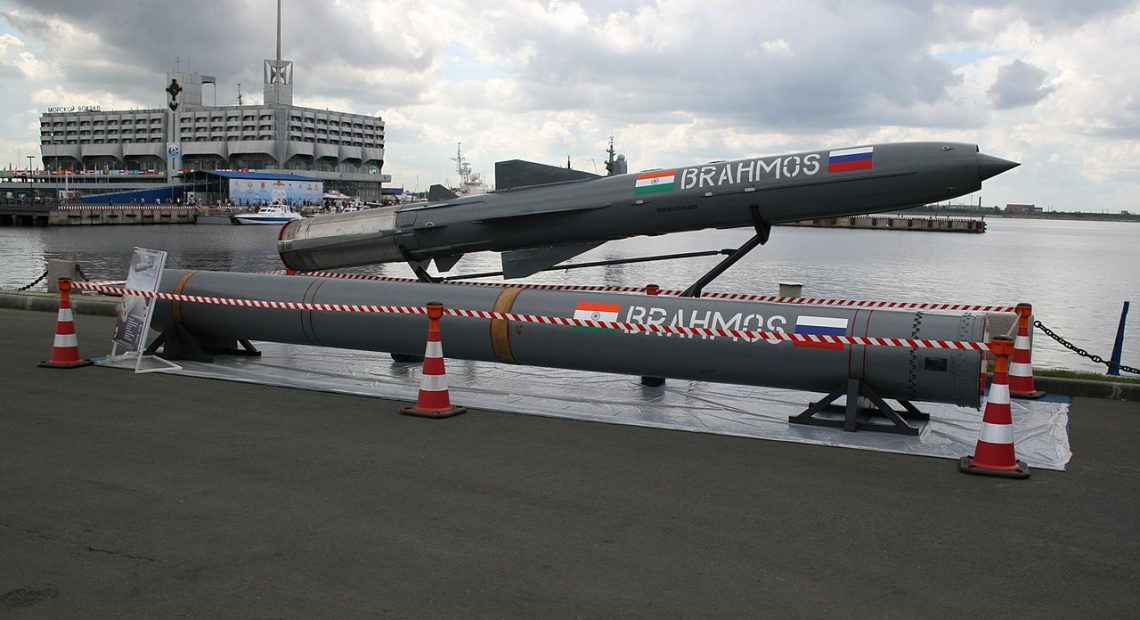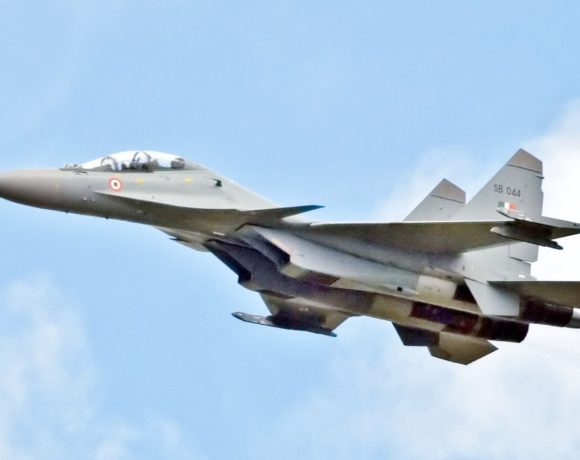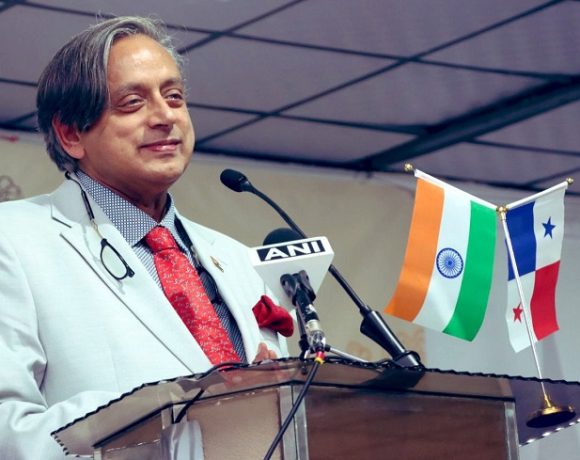
US Expert: BrahMos Outmatches Chinese-Pak Air Defense
In a major endorsement of India’s growing military edge, a leading US war expert has declared that the BrahMos missile system gives India the ability to strike anywhere inside Pakistan, regardless of its Chinese-supplied air defense systems. Colonel (Retd) John Spencer, Chair of Urban Warfare Studies at the Modern War Institute at West Point, analyzed India’s precision strikes during Operation Sindoor and praised the unmatched capability of the BrahMos cruise missile.
BrahMos Missile: India’s Strategic Edge
“India was successful in hitting across Pakistan and defending itself successfully, including against Pakistani drone attacks and high-speed missiles.” Colonel Spencer stated that the BrahMos missile, co-developed by India and Russia, is faster and more precise than most conventional systems in the region. With a speed of Mach 2.8 to 3.5 and precision targeting, BrahMos outperformed expectations during the recent Indo-Pakistan conflict escalation.
He argued that Pakistan’s defense systems, mostly built using Chinese technology, are incapable of intercepting BrahMos missiles. “The Chinese-Pakistani air defense systems are not in the same league,” Spencer noted. His comments come in the wake of multiple successful Indian strikes that stunned Pakistan’s security establishment.
Operation Sindoor: Precision, Power, and Political Messaging
During Operation Sindoor, conducted after the Pahalgam terror attack, India launched a series of coordinated strikes using BrahMos missiles on eleven high-value Pakistani military targets. Among the critical hits was a Chinese-built AWACS (Airborne Warning and Control System) at the Bholari airbase, which was reportedly destroyed in the attack. Pakistan’s military infrastructure suffered heavy damage, and their air defense network was left exposed.
“Operation Sindoor imposed major costs on Pakistan. India’s political and military messaging was clearly articulated: We don’t want war, but will punish terror without escalation.” This calibrated message was lauded by global analysts as a model of controlled deterrence — showing strength without crossing the threshold into full-scale war.
China’s Military Exports Under the Scanner
Colonel Spencer further emphasized that the performance of Chinese defense systems during the conflict exposed their limitations. “India can hit Pakistan anytime, anywhere — their current systems simply cannot stop BrahMos,” he said. The implication is significant: the global perception of Chinese defense equipment may take a hit following this episode, especially as other countries assess the viability of similar systems.
India’s ability to blend strategic messaging with precise military execution has marked a new phase in the region’s power dynamics. With the BrahMos missile proving its superiority, New Delhi has underlined that terror strikes backed by Islamabad will no longer go unanswered — and Chinese military backing might not be enough to shield Pakistan anymore.


















